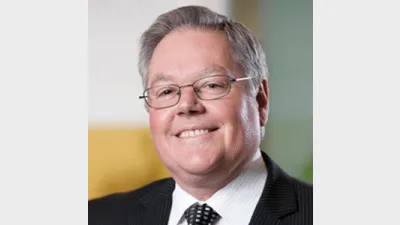CFPs earn $35,000 more, survey shows



A survey has shown Certified Financial Planners (CFP) earn around $35,000 more per year on average than planners without this designation.
Furthermore, consumers who use (or express a preference to use) a CFP are willing to pay around 28 per cent more for the financial advice they receive.
The survey, conducted by Investment Trends and commissioned by the Financial Planning Association (FPA) last year, found that CFPs earn on average 25 per cent more than other financial planning practitioners in Australia.
Among non-principal financial planners, experienced FPA members typically earn a third more than non-FPA planners with the same level of experience.
These figures were presented once again by the FPA chief executive officer Mark Rantall at a recent Sydney roadshow, which provided a technical policy update leading up to the Future of Financial Advice 1 July start date.
FPA figures show CFPs account for 35 per cent of the financial planning population in Australia, and less than 2 per cent of the Australian Securities and Investments Commission’s enforcement activity.
“The research shows that financial planning is a viable career for the next generation entering university. The launch of a national financial planning degree will put financial planning in the mindset of those looking to help Australians improve their financial futures,” said FPA chairman Matthew Rowe at the FPA 20th anniversary event in Melbourne late last year.
Recommended for you
The top five licensees are demonstrating a “strong recovery” from losses in the first half of the year, and the gap is narrowing between their respective adviser numbers.
With many advisers preparing to retire or sell up, business advisory firm Business Health believes advisers need to take a proactive approach to informing their clients of succession plans.
Retirement commentators have flagged that almost a third of Australians over 50 are unprepared for the longevity of retirement and are falling behind APAC peers in their preparations and advice engagement.
As private markets continue to garner investor interest, Netwealth’s series of private market reports have revealed how much advisers and wealth managers are allocating, as well as a growing attraction to evergreen funds.











